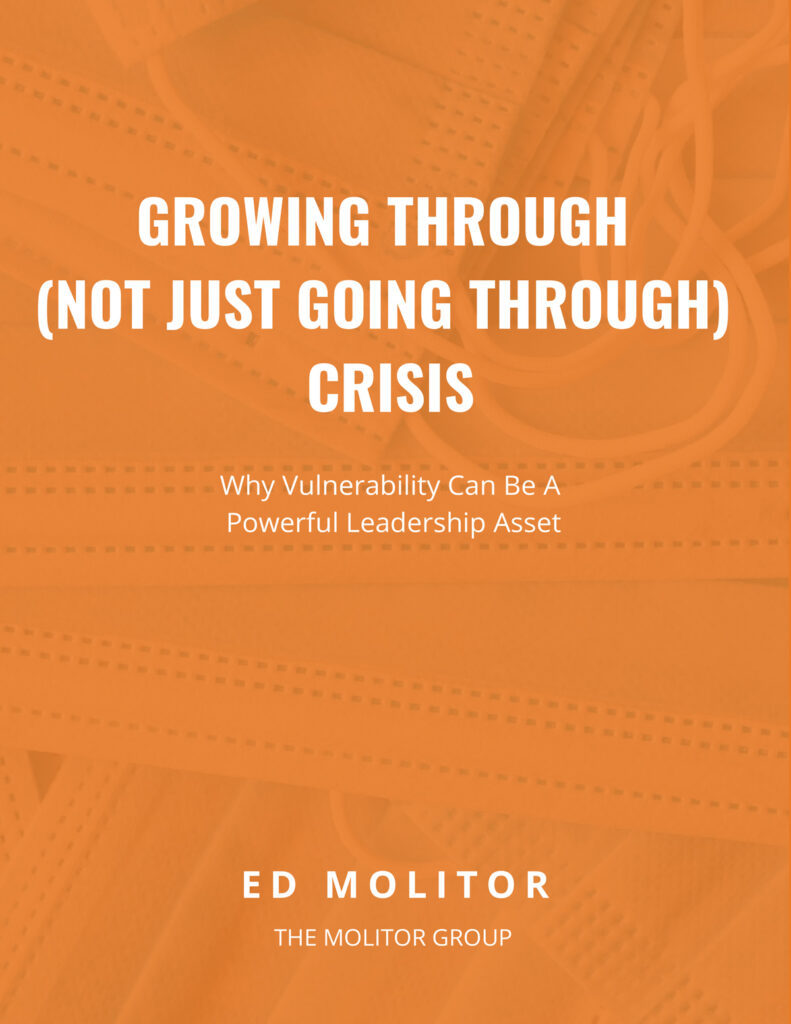As an athlete, you are going to have physical injuries. As a coaching leader, you are going to have “mental injuries” that will take some reflection and adaption to overcome as you face this reality check: leading is hard.
There will always be some physical injuries that you can never seem to shake and when you are watching a sporting event on tv and you see someone suffer a similar fall, twist, or collision you can almost feel the pain again.
I have had multiple broken bones, an external dislocation with a compound fracture, concussions, pulled muscles, deep bruises, and a whole lot of stitches from banging my head or catching an elbow to the mouth.
But the one that stays with me 36 years later is a sprained ankle I had at the end of a practice my junior year in high school.
It was awful. So bad that the teammate that tried helping me get my shoe off got sick to his stomach (he was soft).
To this day I have a hard time looking at the tv when they show the replay of a player twisting their ankle.
None of that compares to the feeling I get at this time of the year when I see friends of mine who still coach lose their last game of the season.
Physical injuries will heal with treatment over time and you will be back out there running, jumping, and doing whatever it is you do in your sport.
The mental hit you take at the end of the roller coaster ride they call a season is a tough shot that lingers.
You will never have those seniors again, that game that you feel you should have won will never be played again, the adjustments you could have made may haunt you for a while (years!), and you will wake up the next day with this brutal pit in your stomach and empty space on your daily schedule where your next practice should have been.
It takes a minute to process but the great ones never forget what it feels like and they vow to not let it happen again full-well knowing that it most likely will.
Tough losses are a part of life.
It is what we do with them that counts.
I am going avoid cliches but it is more than true that you grow through adversity and learn from your losses.
Only if you are intentional.
Reflect on your losses and learn from them
You need to honestly reflect on your losses as soon as possible after it happens so you can remember the details of how you prepared, what you got right, what you missed, and how things got away from you.
If you want to take things to the next level and put yourself in a better position to be successful next time you need to break everything down and lay out the adjustments you need to make.
That is hard to do.
At the beginning of Q1 of 2023, we onboarded 12 new members in our 90-Day Emerging Leader Coaching Program and our 90-Day Leader In-role Coaching Program. During the first sessions I had with each member, I was reminded of the daily roller coaster we are on as coaching leaders.
Almost every day is game day and that is both a blessing and a curse.
As a coaching leader, you can experience some big wins and losses on the same day.
We have to protect ourselves against both winning and losing and stay true to our routines, processes, standards, and expectations.
The beauty of business is you have the ability each day to create more opportunities for your team and yourself to take another crack at success.
How are you leading through all of this and continuing to focus on growing, developing, inspiring, impacting, and supporting your team members?
Are you letting toxic people on your team get to you and negatively impact the way you lead others?
Do you default to connecting with people who will tell you what you want to hear or are you committed to leaning into people who tell you what you need to hear?
Are you able to consistently communicate with positive energy despite the message and news you are delivering?
Do you stay curious?
Coaching Practice
Identify a recent loss that was hard and answer these simple questions:
- What role did I play in this loss?
- What role did each team member play in this loss?
- What could I have done, as their coaching leader, to have put them in a better position to have been successful?
- Where did we go wrong collectively as a team?
- What can we do better next time and how can we keep each other in check?
Then ask yourself this:
- What circumstances was I dealing with?
- How did I handle those circumstances?
- What was I thinking?
- What could I have done better?
This was originally published as a weekly newsletter from Ed Molitor, with The Molitor Group. If you’d like to receive the weekly newsletter, follow this link to subscribe.




